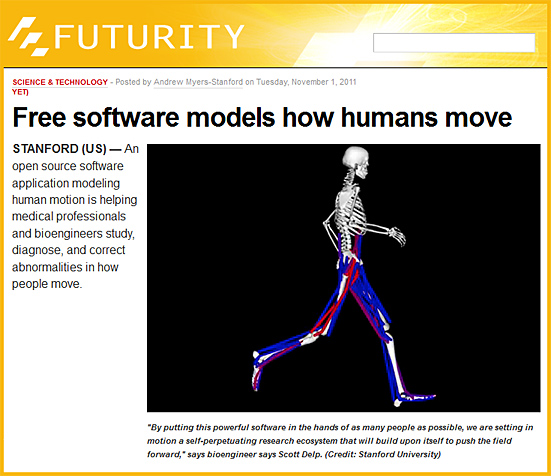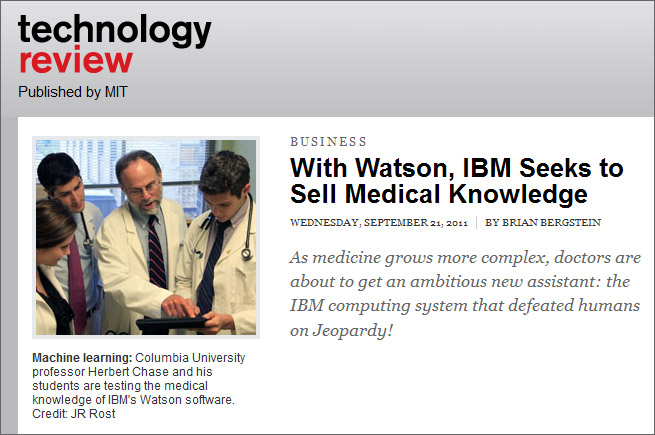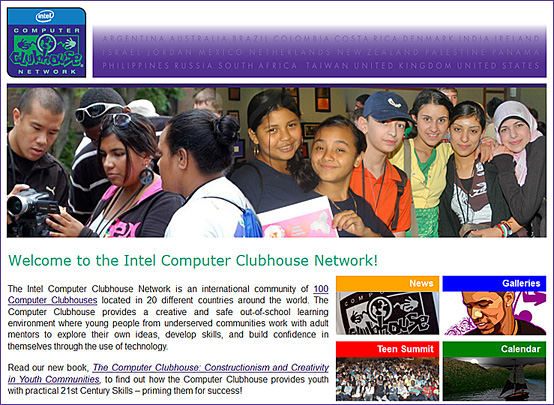Overhauling Computer Science education — from The Journal by D.A. Barber
Students from elementary school through college are learning on laptops and have access to smartphone apps for virtually everything imaginable, but they are not learning the basic computer-related technology that makes all those gadgets work. Some organizations are partnering with universities to change that.
Excerpt:
The ability to use a computer, its software, or computational thinking to solve problems are not core K-12 subjects taught under most state guidelines by certified teachers. In fact, schools often blur the lines between computer technology literacy with the ability to use computational thinking skills across disciplines. Today, computer science (CS) curriculum focuses on teaching how to use software but gives no insight into how it’s made or an aptitude for the technology to an entire generation whose everyday lives have become inextricably linked with computing technology.
While adopting best methods and practices in teaching computer science principles (CSP) is not standard procedure in most K-12 schools, some university projects are working toward that goal. The latest approaches pursue computer science education as far more than learning how to use a computer, building a spreadsheet, or even creating a Web page. It’s about problem solving, computational thinking, and abstract reasoning across a broad range of subjects. According to supporters, you can incorporate these concepts into your curriculum–no matter what subject you teach–and prepare students with the skills for success in the new knowledge economy.


















